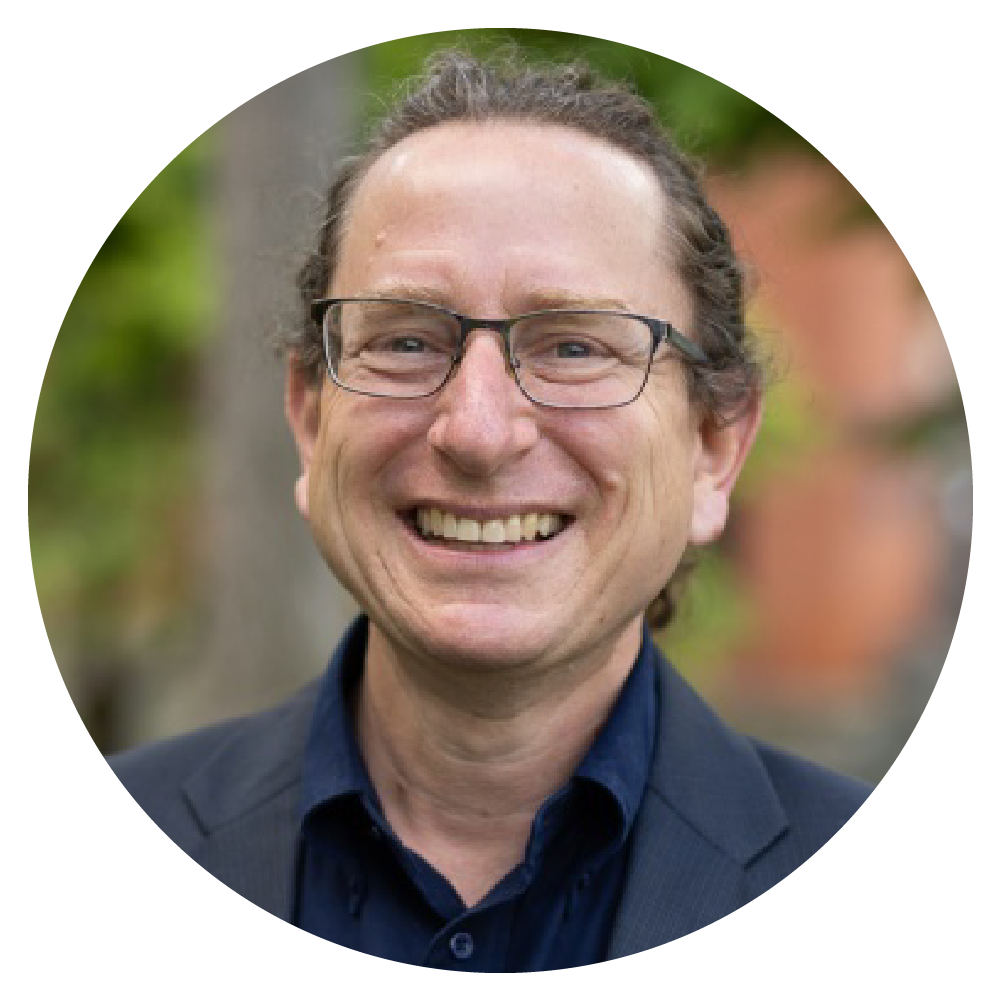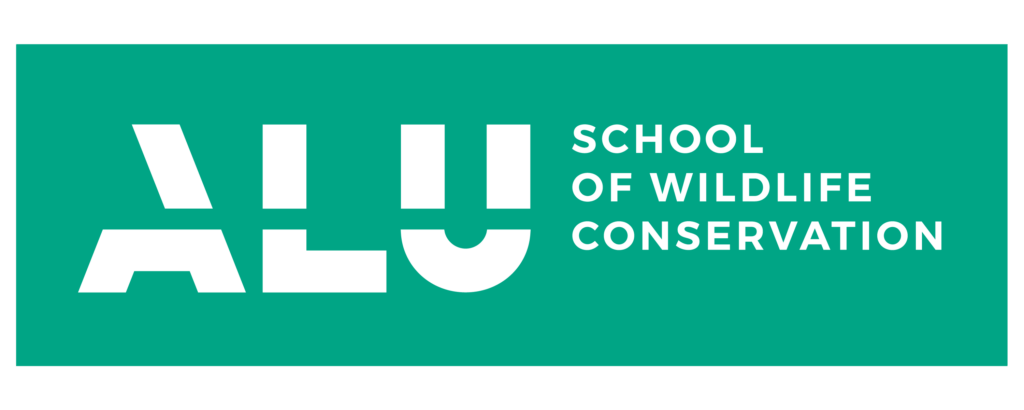
Limited scholarships are available to support eligible participants.
The course is expressly designed to fit the lives of busy professionals like you
Cornell’s top minds with case studies developed by Africans for Africans
Cornell's internationally recognized standard of excellence can set you apart
The African Leadership University School of Wildlife Conservation is proud to offer the Sustainable Tourism Destination Management program, designed by the Sustainable Tourism Asset Mmanagement Program (STAMP) at the Centre for Sustainable Global Enterprise, in collaboration with eCornell, Cornell University’s online learning unit.
This course is designed to train hospitality and tourism professionals and students to apply sustainable practices across all areas of the tourism industry. By combining global knowledge with real African case studies, the course grounds your understanding of the hospitality and tourism sector within the African context.
Course duration:
10 weeks
Effort:
5 hours per week
Format:
100% online and self-paced
For more information regarding the course, please reach out to sowc@alueducation.com
In addition to expanding your knowledge, you will earn
Recognition of Achievement from Cornell’s SC Johnson College of Business
40 Professional Development Hours (4 CEUs)
This course caters to a diverse range of African students and professionals based in Africa, but is especially helpful for:
Make data-driven destination management decisions
Acquire tools that will allow you to manage your destination sustainably
Gain a repertoire of lessons from African case studies that you can immediately apply to your work
Contribute to the economic development of a destination while safeguarding its health.
Tourism Industry
Overview
The Invisible Burden of Tourism: Measuring Unaccounted for Impacts
Managing the Invisible Burden of Tourism and Climate Impacts of Tourism
Defining and Achieving Key Economic Development Goals
Equitable and Inclusive Management of Tourism Shared Assets
Developing Long-Term Destination Management Plans
African case studies and videos integrated throughout the course

Megan Epler Wood Managing Director, Sustainable Tourism Asset Management Program, Center for Sustainable Global Enterprise, Cornell SC Johnson College of Business; and Principal, EplerWood International
Megan Epler Wood is a leader, educator, and consultant who has dedicated her professional career to implementing sustainability practices in the field of tourism. She has worked for over 30 years to inform leaders, students, and business professionals across the globe on the use of well-researched and sustainable business, environmental conservation, and inclusive economic development tools. As program director of the Sustainable Tourism Asset Management Program (STAMP), Ms. Epler Wood seeks to increase collective knowledge and understanding of how to more effectively manage tourism destination assets over time to improve maintenance; ensure proper valuation; and help offset the influences of poverty, ecosystem degradation, climate change, land tenure, and the lack of government investment in vital local infrastructure in underdeveloped economies worldwide.

Mark Milstein- Director Of The Center For Sustainable Global Enterprise Cornell SC Johnson College of Business
Clinical Professor of Management and Director of the Center for Sustainable Global Enterprise, Johnson Graduate School of Management
Mark Milstein is a Clinical Professor of Management and Director of the Center for Sustainable Global Enterprise at the Samuel Curtis Johnson Graduate School of Management, Cornell University. He conducts applied research and oversees the Center’s work on market and enterprise creation, business development, clean technology commercialization, and sustainable finance.
Dr. Milstein specializes in framing the world’s social and environmental challenges as unmet market needs that can be addressed effectively by the private sector through innovation and entrepreneurship, thereby allowing companies to achieve financial success by creatively addressing problems such as climate change, ecosystem degradation, and poverty. He has received funding from the National Science Foundation, the Bill & Melinda Gates Foundation, the Rockefeller Foundation the S.C. Johnson Foundation, SEvEN, the World Bank, the University of Queensland, and the Water Resources Institute. Over the past decade, Dr. Milstein has worked with more than 100 firms across various industries, including renewable energy and carbon markets, life sciences and sustainable agriculture, consumables, food and nutrition, healthcare, tourism and hospitality management, and finance and international development. Dr. Milstein’s work and perspectives have been featured in The New York Times, MSNBC, CNBC, Forbes, The Guardian, and GreenBiz. He is a frequent speaker on the topics of strategy, organizational change, and innovation related to business and sustainability. He also consults with a number of multinational firms, small- and medium-sized enterprises, and NGOs. Dr. Milstein currently serves on the board of directors of Livelihood Basix International and as a board member for Johnson & Johnson’s Earthwards Program.

Sue Snyman – Director of Research, African Leadership University
Dr Sue Snyman holds a Master of Business Science and a PhD in Economics (2008-2013) from the University of Cape Town. She also completed PhD courses in resource and environmental economics at the University of Gothenburg, Sweden. Her research focused on the socio-economic impact of high-end ecotourism in remote communities living in, or adjacent to, protected areas based on over 1,700 community interviews in six southern African countries. Between 2008-2018, Sue worked for Wilderness Safaris, a private-sector ecotourism operator, in various roles, including Group Sustainability Manager, overseeing community development and biodiversity conservation in 7 African countries. Sue also holds other positions in conservation and protected area tourism, such as being vice-chair of the IUCN Tourism and Protected Areas Specialist (TAPAS) Group. Recently, she managed the Biodiversity and Protected Areas Management (BIOPAMA) Programme for IUCN in 24 countries in Eastern and Southern Africa: building capacity to improve protected area management effectiveness, governance, and equity. Academically, Sue is a Senior Research Fellow at the University of Johannesburg’s School of Tourism and Hospitality and a reviewer and writer for numerous international journals. She recently (2019) published a book with a colleague, Dr. Anna Spenceley, titled ‘Private Sector Tourism in Conservation Areas in Africa’.
I am happy to have completed the Sustainable Tourism Destination Management training by Cornell University. It revealed a lot of today’s relatable issues facing tourism destinations world over and the possible solutions.
Dominic Wanjiru, Nairobi, Kenya, Sustainable Travel & Tourism Agenda
I’m delighted to share this recognition of achievement in Sustainable Tourism Destination Management from Cornell University through eCornell. This was a holistic dimension of fostering substantial tourism learning exchange spearheaded by Megan Epler Wood, that offers a cognitive methodology that covers social-ecological resilience to aligning tourism towards fulfilling #sdgs and especially focusing on #sdg17 and #sdg4qualityeducation. A heartfelt appreciation to all the speakers for sharing their wealth of industry knowledge and who are key industry players who walk the talk in championing for Sustainable Tourism and Travel.
Esther Muthee, Sustainable Tourism and Travel, Kenya
Thrilled to announce the successful completion of the “Sustainable Tourism Destination Management” course at eCornell. As a part of the Association pour la Sauvegarde de l’Ile de Djerba – ASSIDJE, this program resonates deeply with our commitment to Cultural Heritage Preservation and with our continuous work with DMO Djerba. This has been an insightful journey exploring key areas shaping the future of Destination management.
Chiheb Rais, Project Management Officer, DMO Djerba, Tunisia
This incredible journey has equipped me with invaluable insights into sustainable practices within the tourism industry, fostering a deeper understanding of how I (we) can contribute to a more responsible and resilient future for our destinations.
Njeri Gachuhi, Founder of The Travelling Wakili, Nairobi County, Kenya

